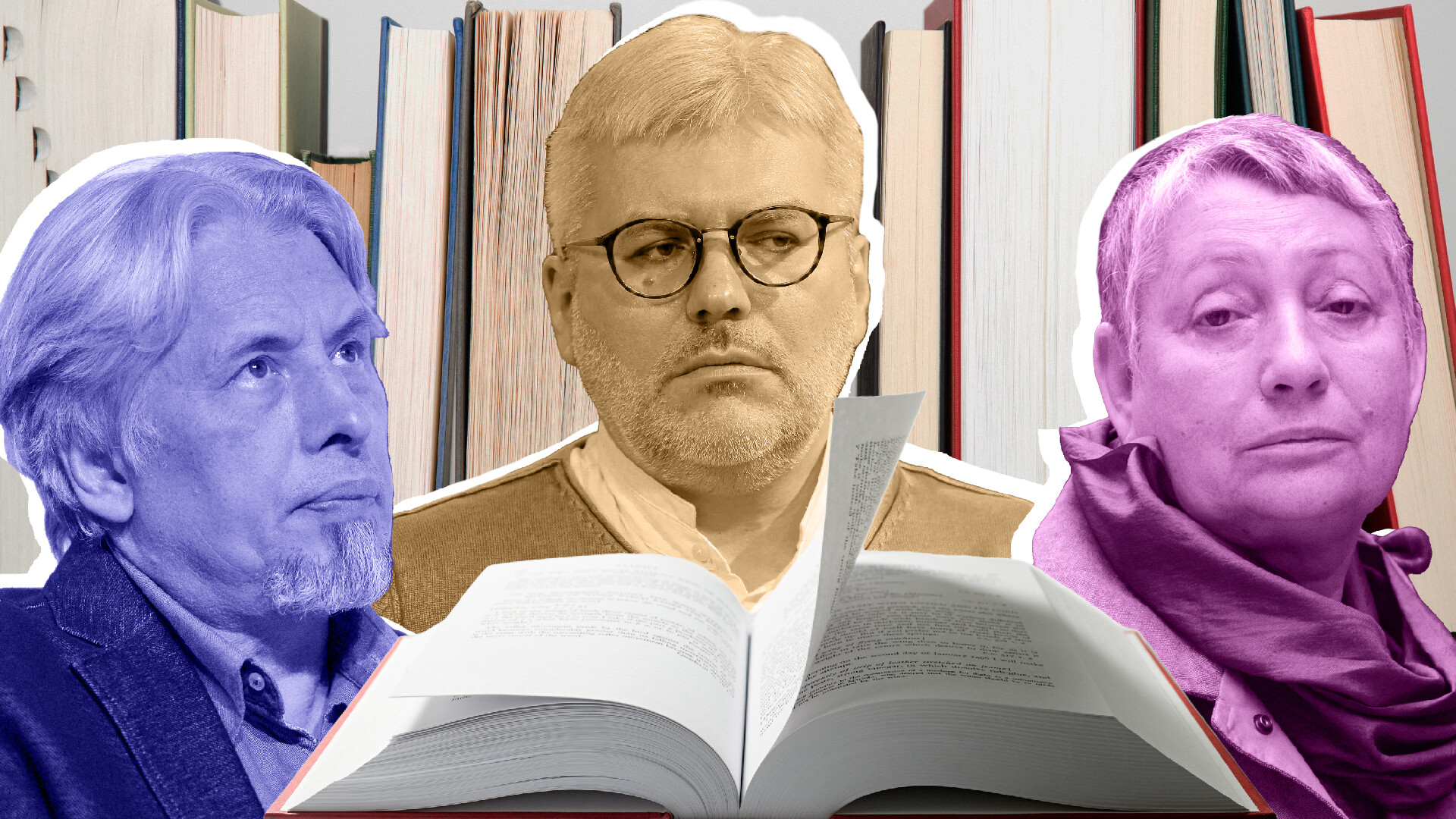
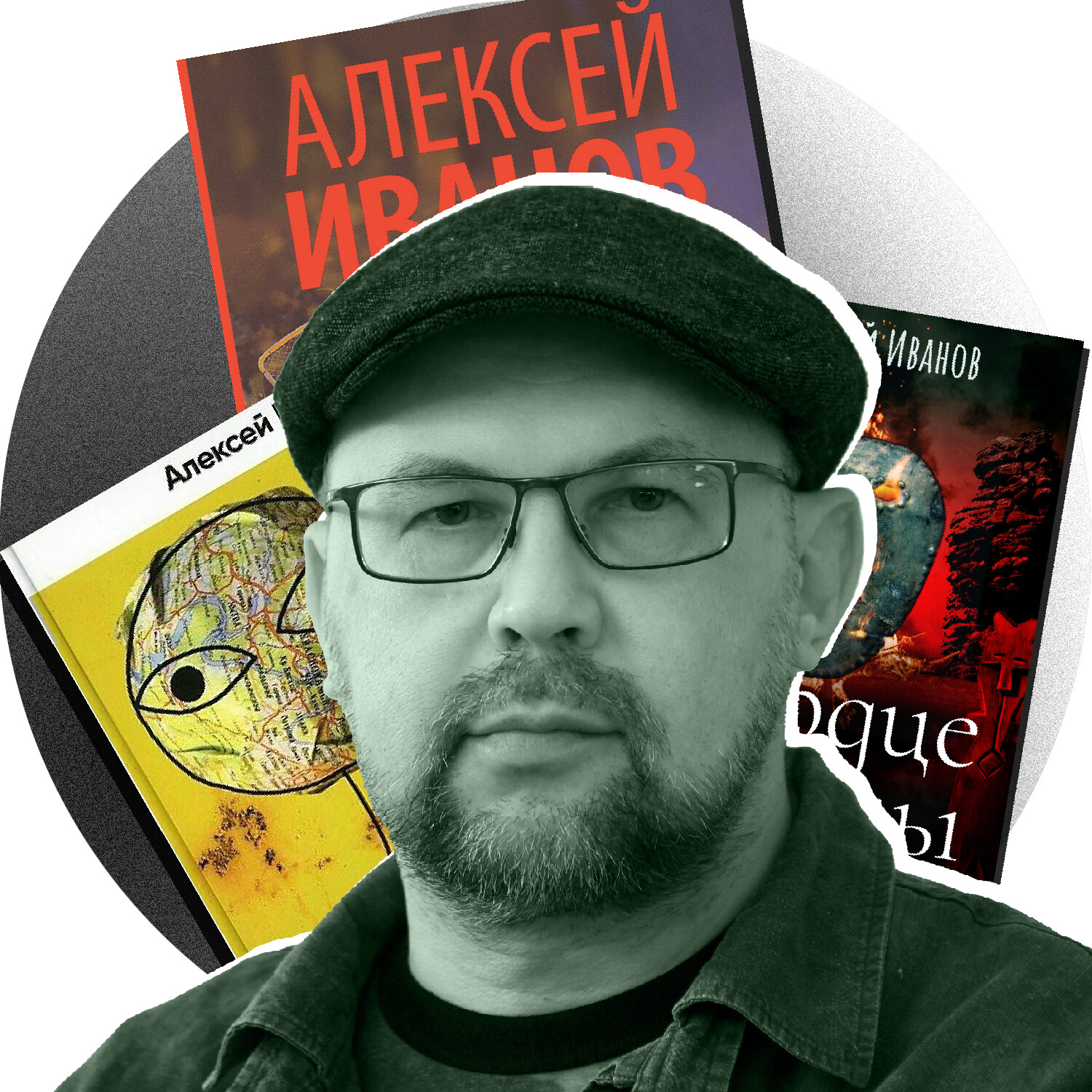
Alexei Ivanov
Russia Beyond (Kirill Kallinikov/Sputnik)An original writer from the Urals, Alexei Ivanov stands apart from the crowd and aloof from the capital's literary scene: His works seem not to belong to the mainstream literary agenda. Every new novel of his is incredibly atmospheric and cinematic – and Ivanov's books have already been widely adapted for the screen.
The range of topics, genres and historical periods embraced by the author is very impressive:
One of Ivanov's significant characteristics is his reverential and painstaking honing of language and careful stylization to suit a particular era. If, for instance, he is writing a book about medieval Siberian tribes, he is certain to use the vocabulary of these ethnic groups in abundance.
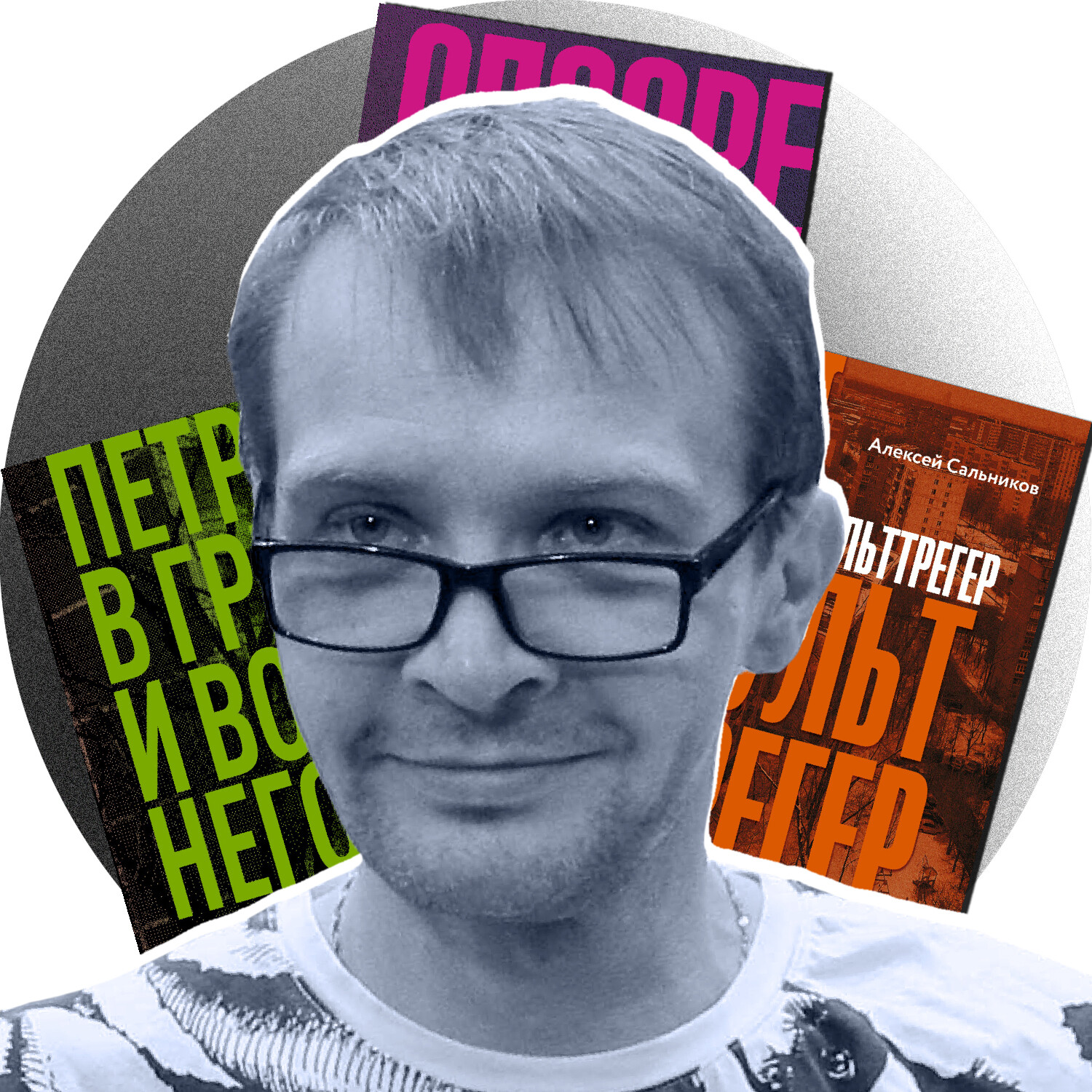
Alexei Salnikov
Russia Beyond (Gavriil Grigorov/TASS)Alexey Salnikov is often described as the main literary discovery of the 2010s. His book 'The Petrovs In and Around the Flu', which came out in 2016, made the writer and poet from the Urals famous. In the novel, all the members of an ordinary provincial family suddenly come down with flu just before New Year and, in their flu-induced delirium, they begin to hallucinate with memories of the past that seem to break the boundaries of space and time.
The novel became a bestseller and critics said that Salnikov would have been applauded by Nikolai Gogol and Mikhail Bulgakov for the freshness of his language and his perspective on literature.
In 2021, Kirill Serebrennikov's screen adaptation of the book was successfully premiered at the Cannes Film Festival. However, Salnikov's other novels also deserve attention.
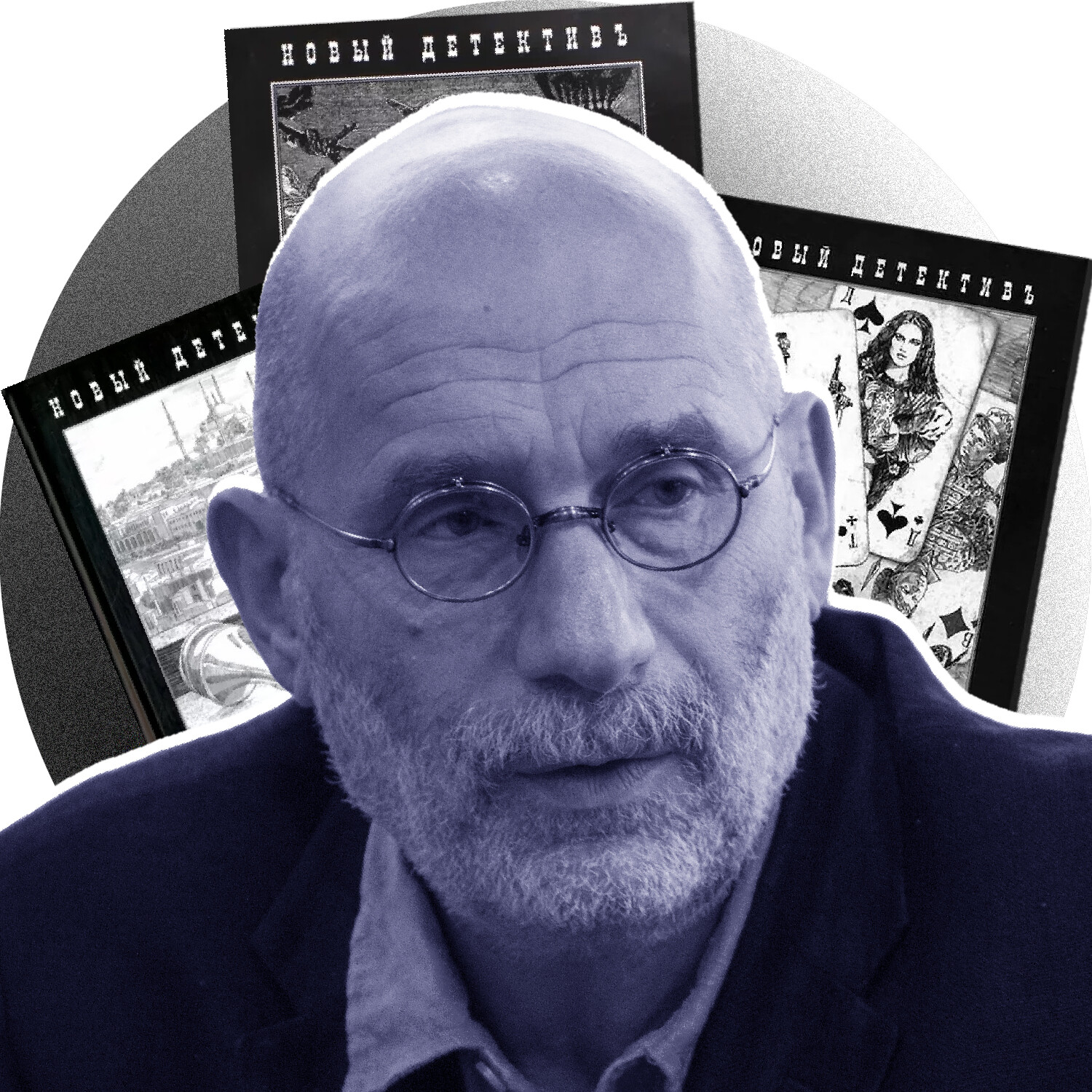
Boris Akunin
Russia Beyond (Nikolai Galkin/TASS)An expert on Japan, Grigori Chkhartishvili is the author of numerous translations of Japanese literature, as well as an ambitious multivolume work titled: 'History of the Russian State', in which he tries to separate the facts from the ideological interpretations of historians of the past.
But, the author is best known under the pen name of Boris Akunin, since it was Akunin who gave his readers Russia’s most famous sleuth, Erast Fandorin. In a series of about 20 detective stories, the charming aristocrat of the late 19th/early 20th centuries, rescues a beautiful lady one moment and the whole of Russia the next. The series should, of course, be read in full, but the standout novels in it are:
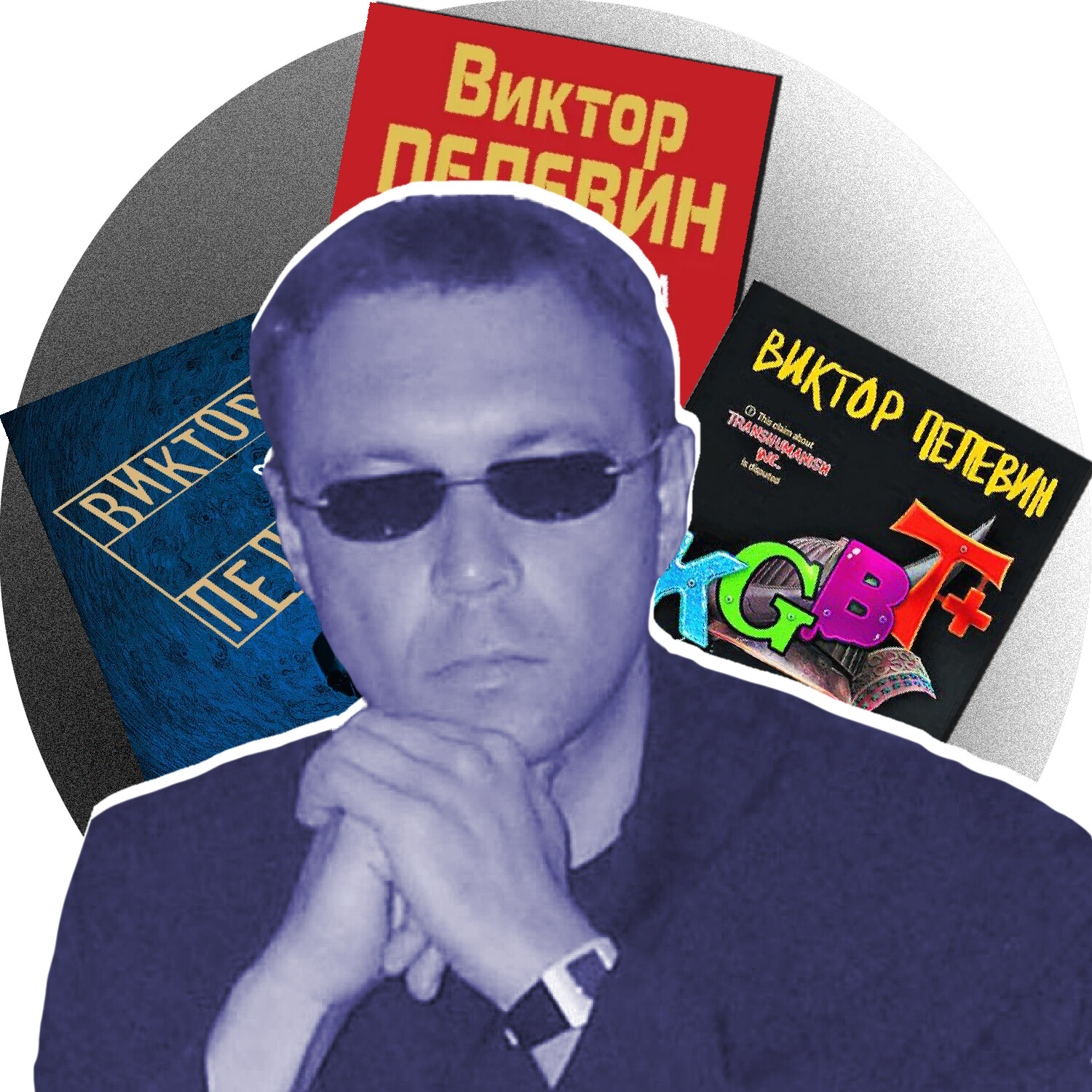
Victor Pelevin
Russia Beyond (Vladimir Solntsev/TASS)Victor Pelevin is considered by many to be the most enigmatic of Russian writers – whom no one has seen in person for twenty years. Yet, every year, he emails his publisher a new novel and, every fall, critics and his many admirers debate whether he is brilliant or just mediocre. Every new book invariably satirizes modern realities, be it the iPhone, Covid masks or feminism and, without fail, contains elements of dystopia. Suffice it to look at the title of his latest novel: 'KGBT+'.
The 1990s, when his main works were written, brought Pelevin considerable fame:
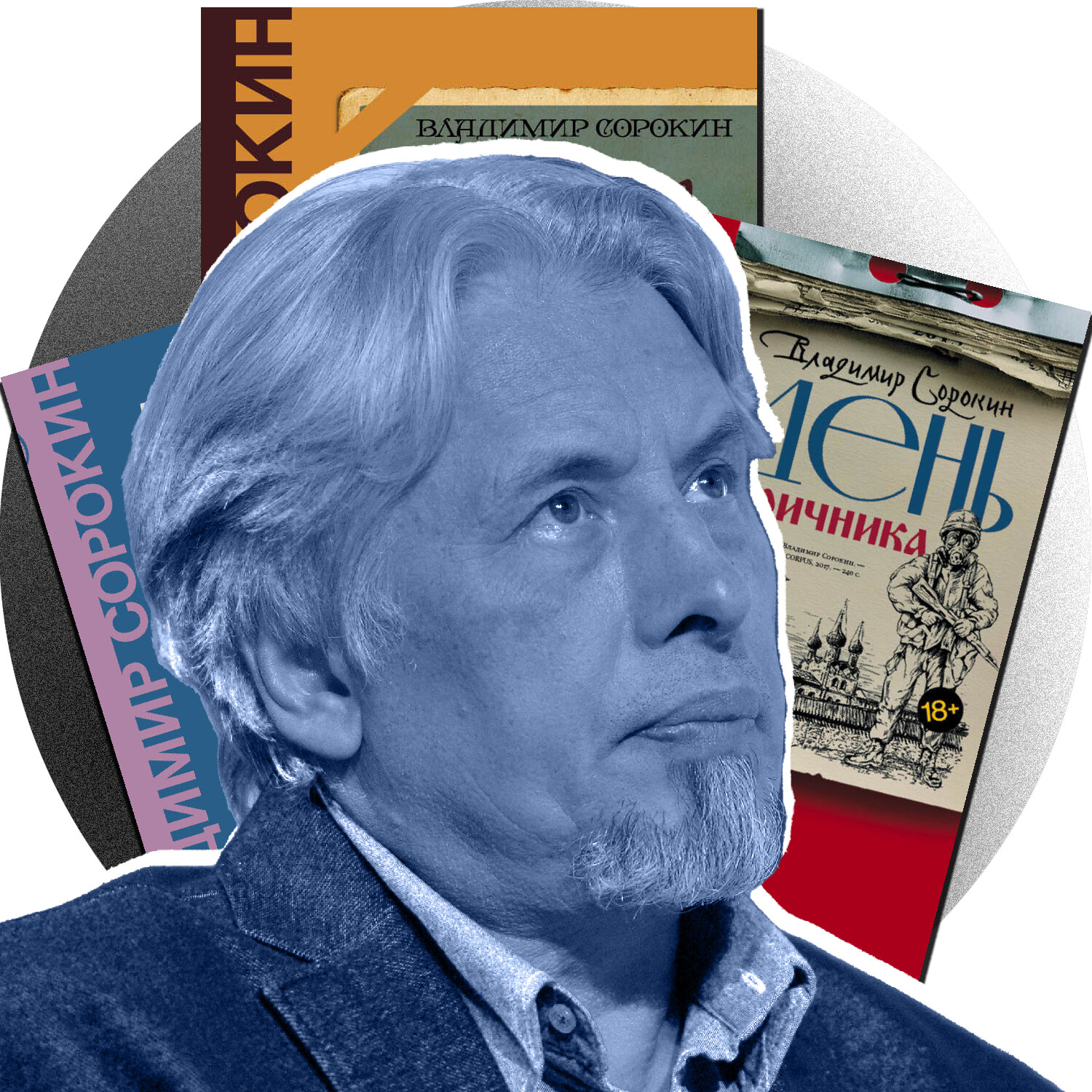
Vladimir Sorokin
Russia Beyond (Vladimir Pesnya/Sputnik)Vladimir Sorokin is a major Russian author, who started out as a member of the Moscow underground scene in the 1980s. According to critics, he “imported” conceptualism and Sots Art to literature from the visual arts. His books are hard-hitting works of satire and dystopia and the prophecies in some of them have come true almost to the letter in a remarkable manner. He often establishes the conventions of a new Middle Ages in his novels, while placing his characters in, for instance, a post-nuclear-war future ('Doctor Garin').
The plots are so provocative and trigger so many people that youth movements even organized burnings of quotations from Sorokin's books. Sorokin later responded with the novel 'Manaraga', in which books are used as fuel for cooks to prepare expensive dishes for rich people.
Other notable works by Sorokin include:
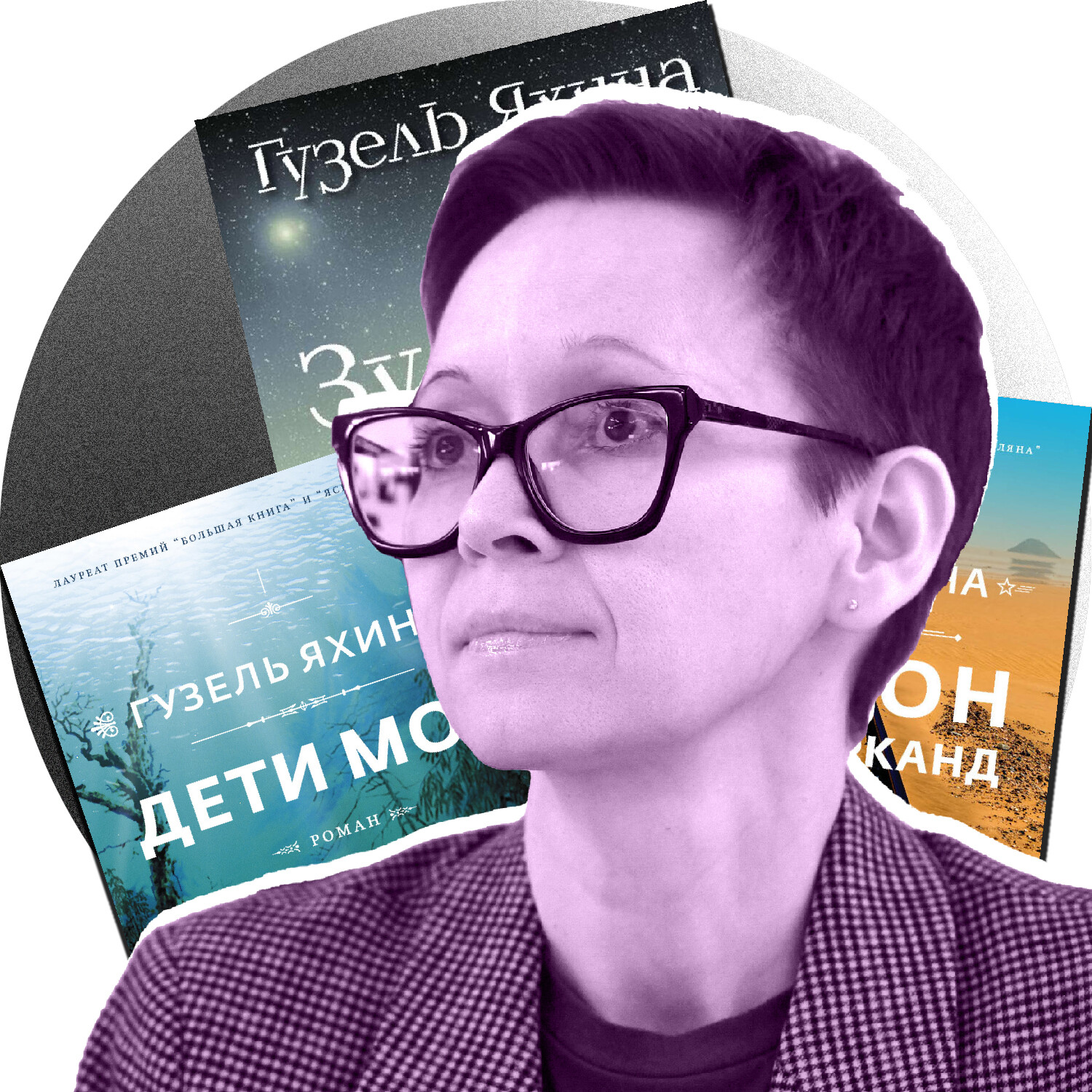
Guzel Yakhina
Russia Beyond (Alexander Kryazhev/Sputnik)Guzel Yakhina's debut novel 'Zuleikha Opens Her Eyes' (published in English as 'Zuleikha') was an instant bestseller. Collecting archive material on the deportation of Tatars to Siberia under Stalin, she loosely reworked it as fictional prose, combined with the recollections of her own grandmother. On the one hand, it is a book about terrible persecution, but, on the other, it shows how, even in dreadful circumstances, people can discover themselves, find their path and build a life. A TV show based on the book aired in 2020, but sparked controversy and complaints from representatives of the Muslim community in Tatarstan.
While readers avidly devour Yakhina's cinematic novels (she graduated from the screenwriting faculty of the Moscow Film School), critics chide the author for intentionally exploiting sensitive topics. Yakhina's two subsequent novels also deal with some of the most problematic topics in Soviet history:
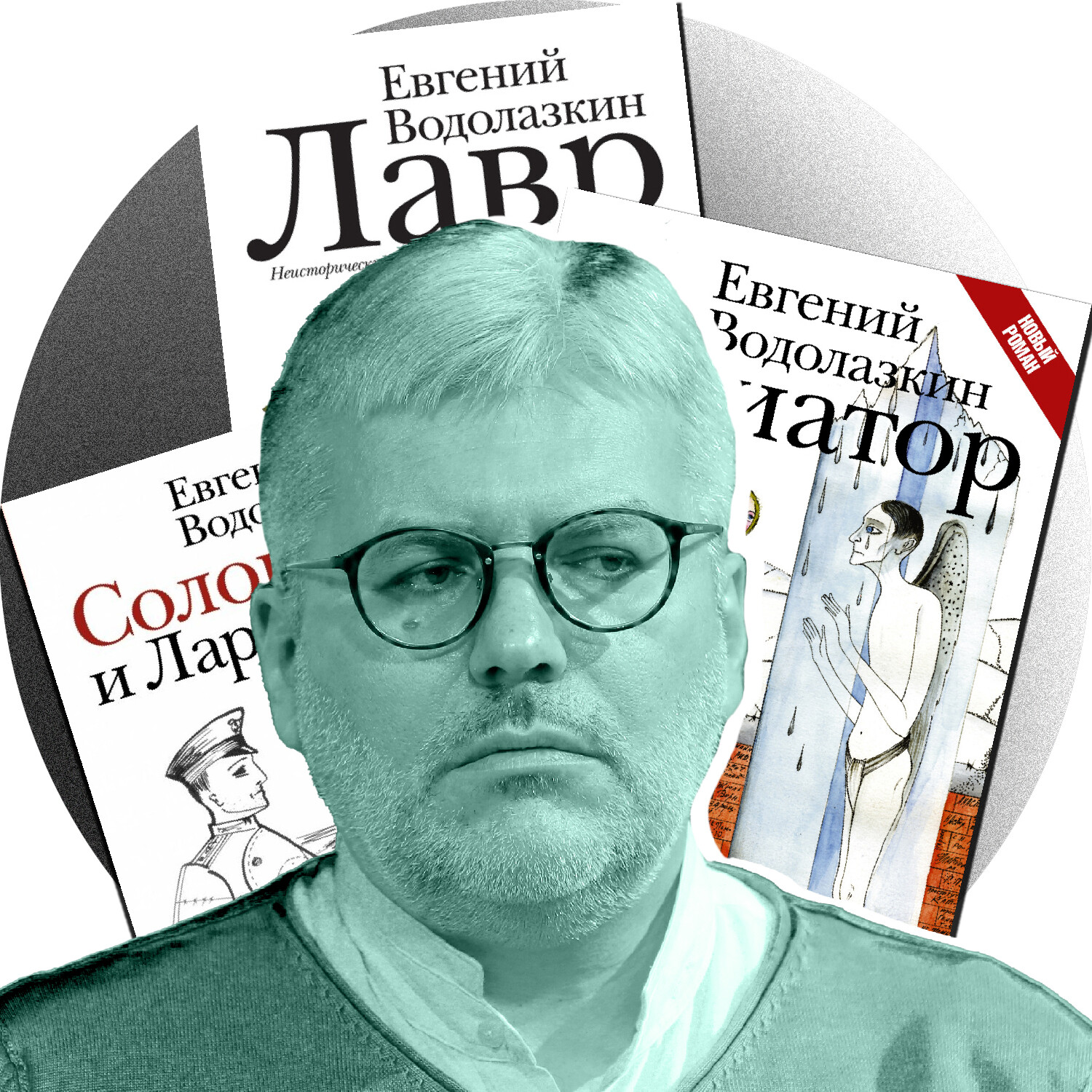
Eugene Vodolazkin
Russia Beyond (Vitaly Belousov/Sputnik)A Doctor of Philology, pupil of Dmitry Likhachev and an expert on Old Russian literature, Eugene Vodolazkin has become one of the most popular and widely-recognized modern Russian authors. In addition, his novels have been translated into dozens of languages.
The bestseller that brought Vodolazkin considerable fame was the novel titled: 'Laurus', the story of a young man in the Middle Ages, who loses the woman he loves. Unable to cope with his grief, he dedicates his life to service to God and sets out on a kind of spiritual Odyssey across the country. He renounces his own desires, serves others, becomes a holy fool and even cures disease. International critics were unanimous that it was one of the best books about God in recent times.
Vodolazkin's books are all very different and highly original, but they have one factor in common - they all examine the past and the present, as well as issues to do with history and the passage of time. They include:
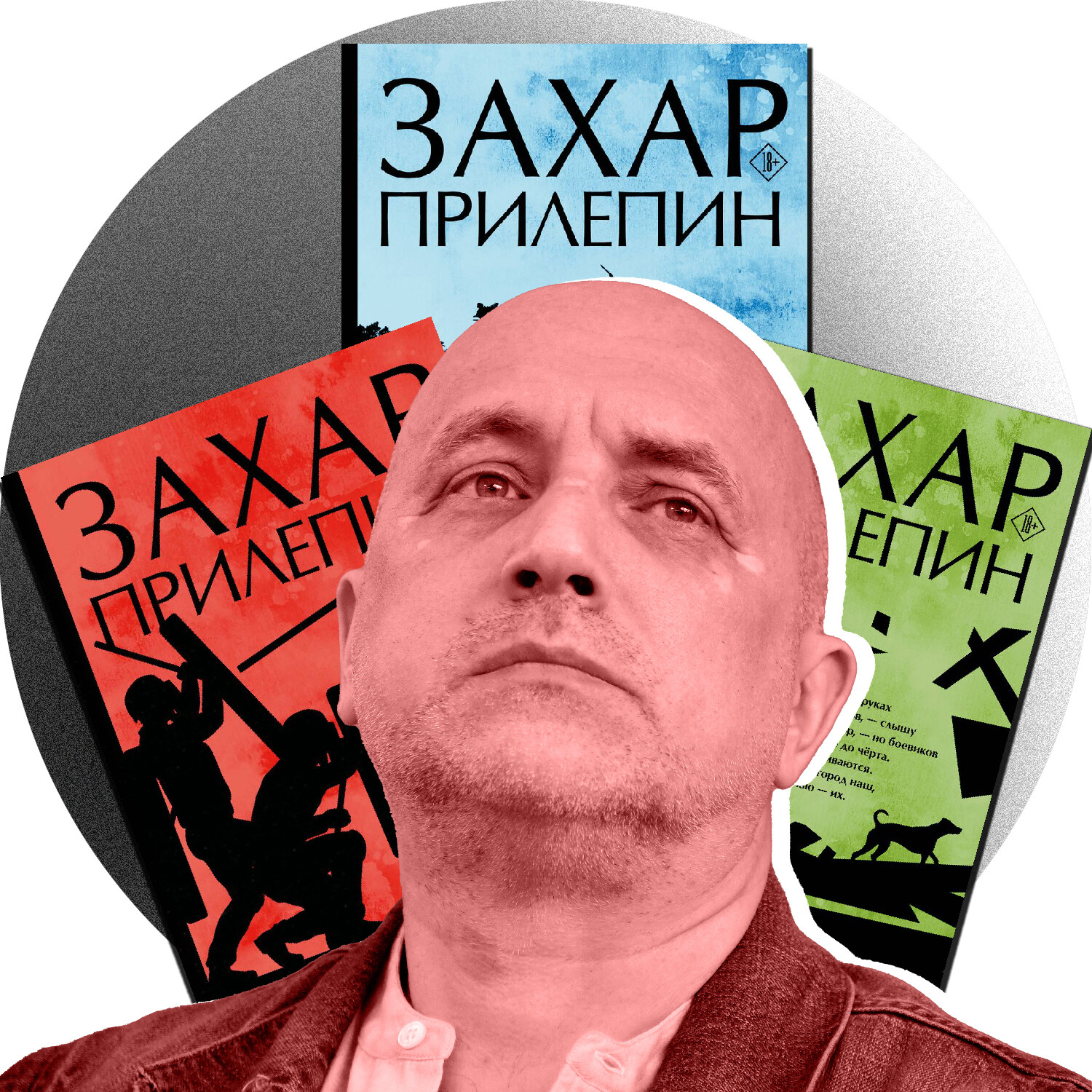
Zakhar Prilepin
Russia Beyond (Yevgeny Biyatov/Sputnik)Zakhar Prilepin today is a politician, public figure and TV presenter, all while being a major writer. In addition, his creative energy bubbles up in song recordings with rap musicians or his work as literary adviser to the Gorky Moscow Art Theater. These days, he increasingly devotes his time to non-fiction and writes biographies of other writers, among other things.
He started out as a member of the ‘OMON’ special police in Ryazan Region and his stories and novels featured "blokish" prose about the lives and mores of ordinary people. Many of them were based on his own biography. Here are some of them:
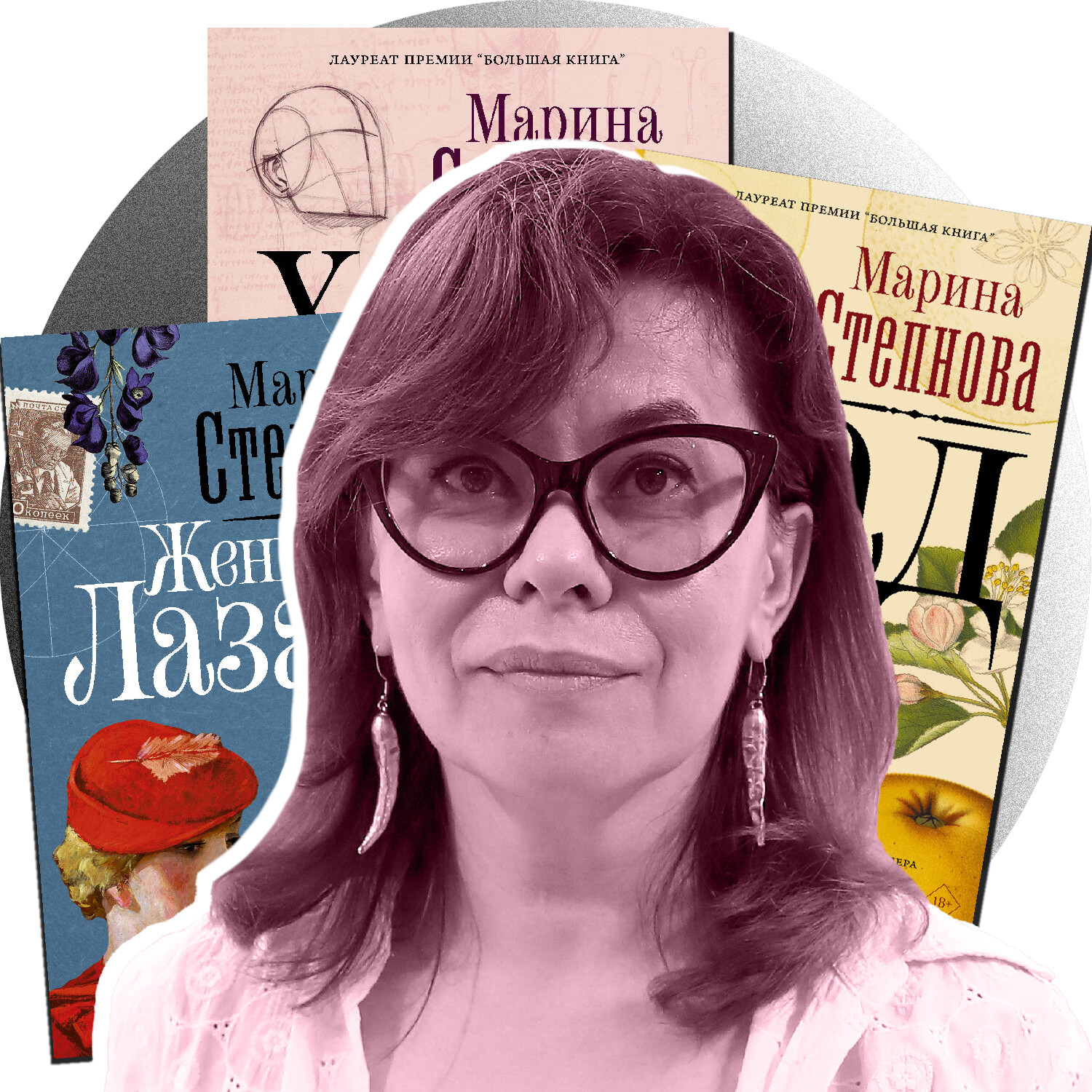
Marina Stepnova
Russia Beyond (Valery Sharifulin/TASS)Maria Stepnova grew up in a family of doctors and, when she was just 15, she started working as a hospital nurse in an oncology unit, where she saw "real and terrible human suffering". She subsequently studied translation and literature and, for many years, was the editor of the men's magazine 'XXL'. After it shut down, she started writing books and today she can justly be regarded as a successor to the tradition of the “Great Russian Novel”. The hallmarks of solid classical prose can be observed in many of her works, such as:
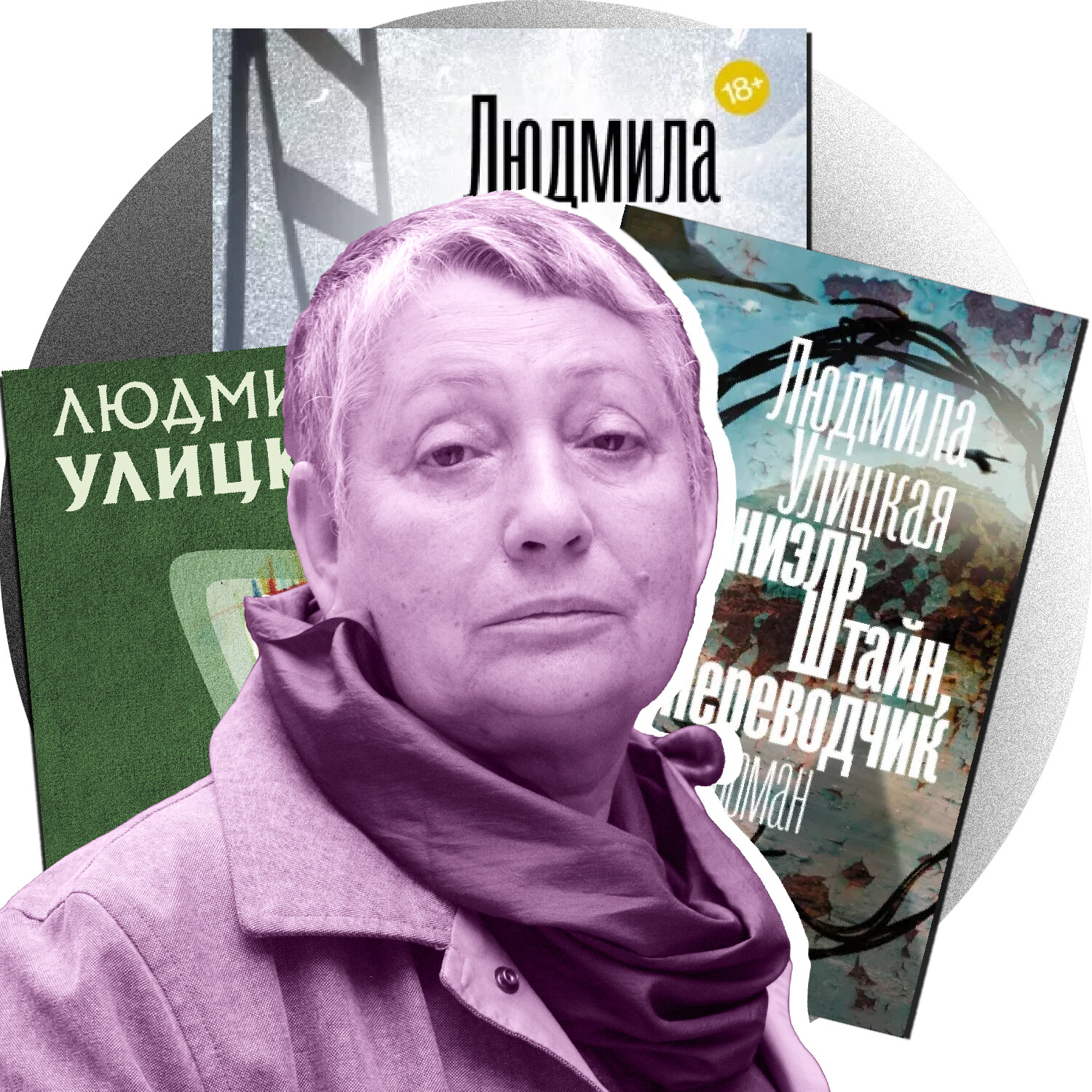
Lyudmila Ulitskaya
Russia Beyond (Gezett/ullstein bild via Getty Images)Lyudmila Ulitskaya's method is to observe the lives of several generations of a single family against the backdrop of historical events. She is concerned with the impact that politics and a ruling regime (particularly a totalitarian one) have on human lives. Ulitskaya is a veritable propagandist for humanistic values and love.
The writer has announced that major novels can no longer be expected from her, but her readers are at least hoping for a collection of short stories in the future. In the meantime, they will have to be content with rereading the most important of her previously published novels:
Dear readers,
Our website and social media accounts are under threat of being restricted or banned, due to the current circumstances. So, to keep up with our latest content, simply do the following:
If using any of Russia Beyond's content, partly or in full, always provide an active hyperlink to the original material.
Subscribe
to our newsletter!
Get the week's best stories straight to your inbox